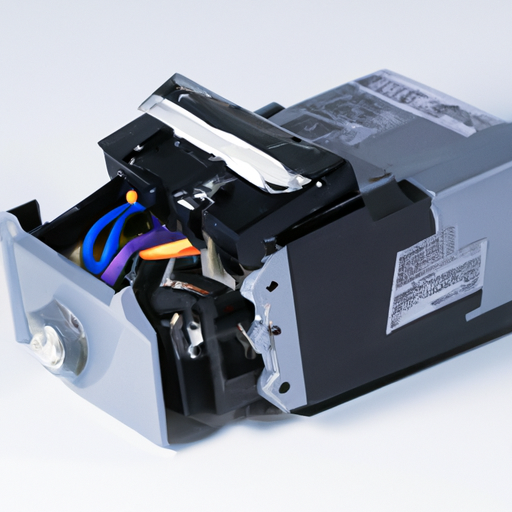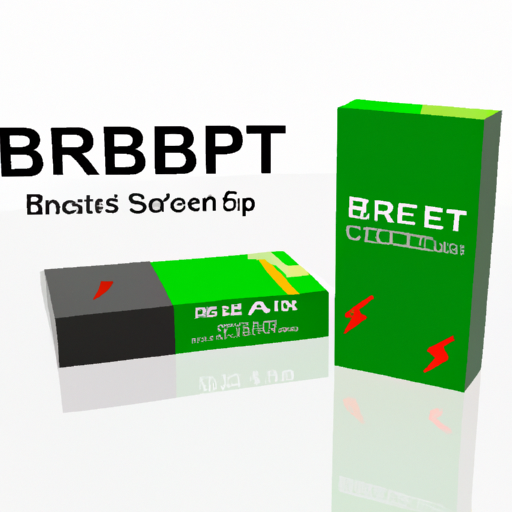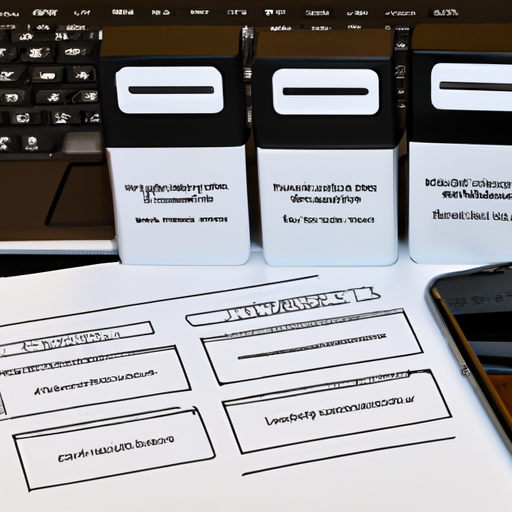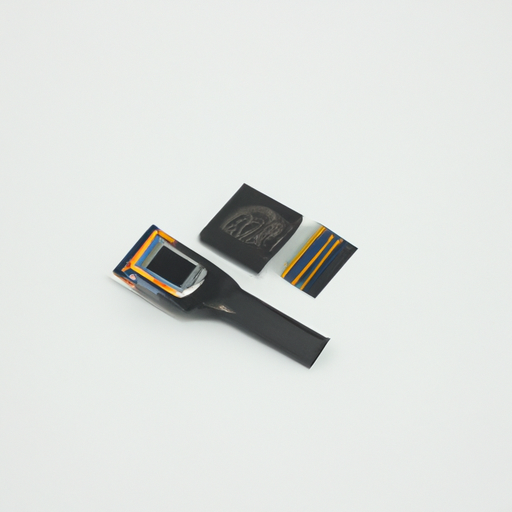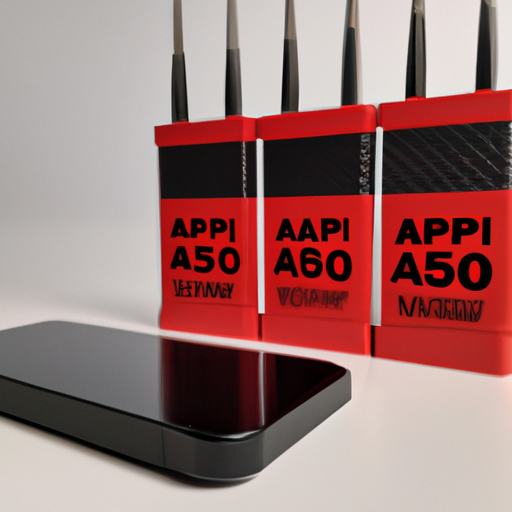The Role of 48V Lithium Battery Charger Products in Practical Applications
I. Introduction
In recent years, lithium battery technology has revolutionized the way we store and use energy. With their high energy density, long cycle life, and lightweight characteristics, lithium batteries have become the preferred choice for a wide range of applications. However, the efficiency and effectiveness of these batteries heavily depend on the charging systems used. Among the various voltage levels available, 48V lithium battery chargers have gained significant attention due to their versatility and practicality in numerous sectors. This blog post will explore the role of 48V lithium battery charger products in practical applications, highlighting their importance, functionality, advantages, and challenges.
II. Understanding 48V Lithium Batteries
A. Definition and Characteristics of 48V Lithium Batteries
A 48V lithium battery typically consists of multiple lithium-ion cells connected in series to achieve a nominal voltage of 48 volts. These batteries are known for their high energy density, which allows them to store more energy in a smaller footprint compared to traditional lead-acid batteries. Additionally, they offer a longer lifespan, reduced self-discharge rates, and improved performance in various temperature conditions.
B. Common Applications of 48V Lithium Batteries
1. **Electric Vehicles (EVs)**: 48V lithium batteries are increasingly used in electric vehicles, particularly in hybrid systems where they support the main power source and enhance overall efficiency.
2. **Renewable Energy Systems**: These batteries play a crucial role in renewable energy systems, such as solar and wind, where they store excess energy generated during peak production times for later use.
3. **Uninterruptible Power Supplies (UPS)**: In critical applications where power continuity is essential, 48V lithium batteries provide reliable backup power solutions.
4. **Industrial Equipment and Robotics**: Many industrial applications, including automated guided vehicles (AGVs) and robotics, utilize 48V lithium batteries for their efficiency and compact design.
III. The Function of 48V Lithium Battery Chargers
A. Basic Principles of Battery Charging
Charging a lithium battery involves transferring electrical energy into the battery to restore its charge. This process must be carefully managed to prevent overcharging, which can lead to battery damage or safety hazards.
B. Types of 48V Lithium Battery Chargers
1. **Standard Chargers**: These chargers provide a fixed charging current and voltage, suitable for basic applications where charging speed is not a priority.
2. **Smart Chargers**: Equipped with advanced technology, smart chargers can adjust their charging parameters based on the battery's state of charge, temperature, and health, optimizing the charging process.
3. **Fast Chargers**: Designed for rapid charging, these chargers can significantly reduce charging time, making them ideal for applications where downtime must be minimized.
C. Charging Methods and Technologies
1. **Constant Current (CC) Charging**: This method delivers a steady current to the battery until it reaches a predetermined voltage level.
2. **Constant Voltage (CV) Charging**: After reaching the set voltage, the charger switches to constant voltage mode, gradually reducing the current as the battery approaches full charge.
3. **Pulse Charging**: This innovative method uses short bursts of current to charge the battery, which can enhance efficiency and reduce heat generation.
IV. Practical Applications of 48V Lithium Battery Chargers
A. Electric Vehicles
1. **Role in EV Infrastructure**: The integration of 48V lithium battery chargers into electric vehicle infrastructure is crucial for supporting the growing number of EVs on the road. These chargers facilitate faster charging times and improve the overall efficiency of the charging network.
2. **Impact on Charging Time and Efficiency**: With advancements in charging technology, 48V chargers can significantly reduce the time it takes to charge an EV, making electric vehicles more convenient for users.
B. Renewable Energy Systems
1. **Integration with Solar and Wind Energy**: 48V lithium battery chargers are essential for managing energy storage in renewable systems. They ensure that energy generated from solar panels or wind turbines is efficiently stored for later use.
2. **Energy Storage and Management**: These chargers help optimize energy usage, allowing users to store excess energy during peak production and draw from it during periods of low generation.
C. Industrial Applications
1. **Use in Forklifts and Automated Guided Vehicles (AGVs)**: Many warehouses and manufacturing facilities utilize 48V lithium batteries in forklifts and AGVs, where efficient charging is critical for maintaining productivity.
2. **Benefits for Manufacturing and Logistics**: The use of 48V lithium battery chargers in industrial settings enhances operational efficiency, reduces downtime, and lowers overall energy costs.
D. Consumer Electronics
1. **Applications in E-bikes and Scooters**: The popularity of e-bikes and electric scooters has surged, and 48V lithium battery chargers are integral to their performance, providing quick and efficient charging solutions.
2. **Home Energy Storage Solutions**: As more homeowners invest in solar energy systems, 48V lithium battery chargers are becoming essential for managing home energy storage, allowing users to maximize their energy independence.
V. Advantages of 48V Lithium Battery Chargers
A. Efficiency and Performance
48V lithium battery chargers are designed to maximize charging efficiency, ensuring that batteries are charged quickly and effectively, which is crucial for applications requiring high availability.
B. Safety Features and Technology
Modern 48V chargers come equipped with advanced safety features, including over-voltage protection, temperature monitoring, and short-circuit protection, ensuring safe operation and prolonging battery life.
C. Cost-Effectiveness and Long-Term Savings
While the initial investment in 48V lithium battery chargers may be higher than traditional chargers, their efficiency and longevity lead to significant cost savings over time, making them a wise investment.
D. Environmental Benefits
By facilitating the use of renewable energy and reducing reliance on fossil fuels, 48V lithium battery chargers contribute to a more sustainable future, aligning with global efforts to combat climate change.
VI. Challenges and Considerations
A. Compatibility with Different Battery Chemistries
One of the challenges in the market is ensuring that 48V lithium battery chargers are compatible with various lithium battery chemistries, as different chemistries may require specific charging profiles.
B. Maintenance and Lifespan of Chargers
Regular maintenance is essential to ensure the longevity and performance of 48V lithium battery chargers. Users must be aware of the maintenance requirements to avoid potential issues.
C. Regulatory and Safety Standards
As the market for lithium battery chargers grows, adherence to regulatory and safety standards becomes increasingly important to ensure user safety and product reliability.
D. Market Trends and Future Developments
The rapid evolution of battery technology and charging solutions presents both opportunities and challenges. Staying informed about market trends and technological advancements is crucial for manufacturers and users alike.
VII. Conclusion
In summary, 48V lithium battery chargers play a vital role in various practical applications, from electric vehicles to renewable energy systems and industrial equipment. Their efficiency, safety features, and cost-effectiveness make them an essential component of modern energy solutions. As technology continues to advance, the future of 48V charging technology looks promising, with potential developments that could further enhance performance and sustainability. Efficient charging solutions will remain critical in supporting the growing demand for energy storage and management in our increasingly electrified world.
VIII. References
1. [Battery University](https://batteryuniversity.com)
2. [International Energy Agency (IEA)](https://www.iea.org)
3. [U.S. Department of Energy](https://www.energy.gov)
4. [Journal of Power Sources](https://www.journals.elsevier.com/journal-of-power-sources)
5. [IEEE Xplore Digital Library](https://ieeexplore.ieee.org)
This blog post provides a comprehensive overview of the role of 48V lithium battery charger products in practical applications, emphasizing their significance in various sectors and the future of charging technology.

